- - Dental Implants for Smokers
- - Can I Get Dental Implants if I smoke?
- - The Impact of Smoking on Your Oral Health
- - What impact does smoking have on dental implants?
- - How to Recognize Dental Implant Failure
- - Conclusion
Dental Implants for Smokers
Dental implants have become a popular solution for replacing missing teeth, offering a permanent and natural-looking option. However, many smokers wonder if their habit disqualifies them from getting dental implants or increases the risk of complications. This article explores the relationship between smoking and dental implants, shedding light on the risks, success rates, and recommendations for smokers considering this dental procedure.
Can I Get Dental Implants if I smoke?
Dental implants are the first choice for tooth replacement. However, if you are a smoker, you may be wondering if dental implant treatment is right for you. In a nutshell, yes, you can have dental implants if you smoke. However, please be aware that smoking can have a negative impact on the success of dental implant treatment. Studies show that smoking can increase the failure rate of dental implants. Before your dental implants are placed, your dentist or oral surgeon will evaluate your overall health. They will discuss any potential risks.
The Impact of Smoking on Your Oral Health
Smoking has a significant impact on the health of your mouth. Here are some of the negative effects of smoking on mouth and teeth:
- Periodontal disease: Smoking is a leading cause of periodontal disease. Periodontal disease is a bacterial infection of the gums and the bone that holds the teeth in place. It causes redness, swelling, bleeding, and even tooth loss. Smoking lowers the immune system, making it more difficult for the body to fight off infections, including gum disease.
- Oral Cancer: Smoking is one of the main factors associated with developing oral cancer. Oral cancer can be life-threatening if not detected early and can occur in the mouth, throat, or lips.
- Delayed Healing: Smoking may slow healing after dental procedures such as extractions, implants, or gum surgery. This can increase the risk of complications and getting infected.
- Tooth stains and discoloration: Smoking can result in the formation of yellow or brown stains on the teeth, which are challenging to remove through brushing or professional cleaning.
It is important for patients who smoke to be aware of the negative effects of smoking and to take steps to reduce their risk. The most effective method of preventing further damage to your oral health is to quit smoking.
Maintaining good oral hygiene habits is also important. This includes brushing twice a day, flossing daily, and scheduling regular dental checkups and cleanings. Taking these steps helps patients avoid gum disease, tooth discoloration, bad breath, and other negative effects of smoking on oral health.
What impact does smoking have on dental implants?
It should be noted that there is an adverse interaction between dental implants and smoking. Please be advised of the potential risks associated with smoking and receiving dental implants.
Slow Recovery
Smoking can make it harder for your gums and jawbone to recover after a dental implant procedure. This can mean a longer recovery period and a higher risk of the implant not fusing properly with the jawbone. It can also increase the chance of implant failure, infection, and other oral health issues.
Higher Chance of Implant Failure
Smoking also raises the odds of an implant failing. The nicotine and other chemicals in cigarettes can weaken the bone, making it harder for the implant to fuse with the bone. On top of that, smoking can also increase the risk of developing an infection, which could lead to the implant failing if it's not treated quickly.
Increased Risk of Infection
If you smoke, you're more likely to get sick. Smoking cigarettes can weaken the immune system, making it harder for the body to fight off infections. This can lead to the implant failing or the need for more invasive surgeries.
Increased Risk of peri-implantitis
Peri-implantitis is when the tissue around the implant gets infected and inflamed. Smokers may be more prone to peri-implantitis, which can result in implant failure and the necessity of further surgeries. Also, smokers are more likely to develop periodontal disease, which can further affect the outcome of dental implant treatment.
How to Recognize Dental Implant Failure
Although dental implant failure is uncommon, it does occur, particularly in individuals who smoke and fail to adhere to post-operative care guidelines. If you are experiencing implant failure, you may experience the following symptoms:
- Inflamed or bleeding gums.
- Severe oral discomfort.
- Gum Recession.
- Swelling at the surgical site.
- Loose implant or replacement tooth.
Conclusion
Smokers can get dental implants, but they should be aware of the increased risks and potential complications associated with smoking. The increased risk can be attributed to the constrictive and narrowing effects of tobacco and nicotine on the gum tissues of the mouth, which impede the healing process necessary for successful dental implant integration.
By quitting or reducing smoking and following the guidance of dental professionals, smokers can improve their chances of successful dental implant outcomes. Dental implants offer a life-changing solution for missing teeth, and with the right care and precautions, even smokers can benefit from this advanced dental technology. Contact Turkey Luxury Clinics and our professional implantologists will assist you in determining the most appropriate course of action for your desire to have dental implants.





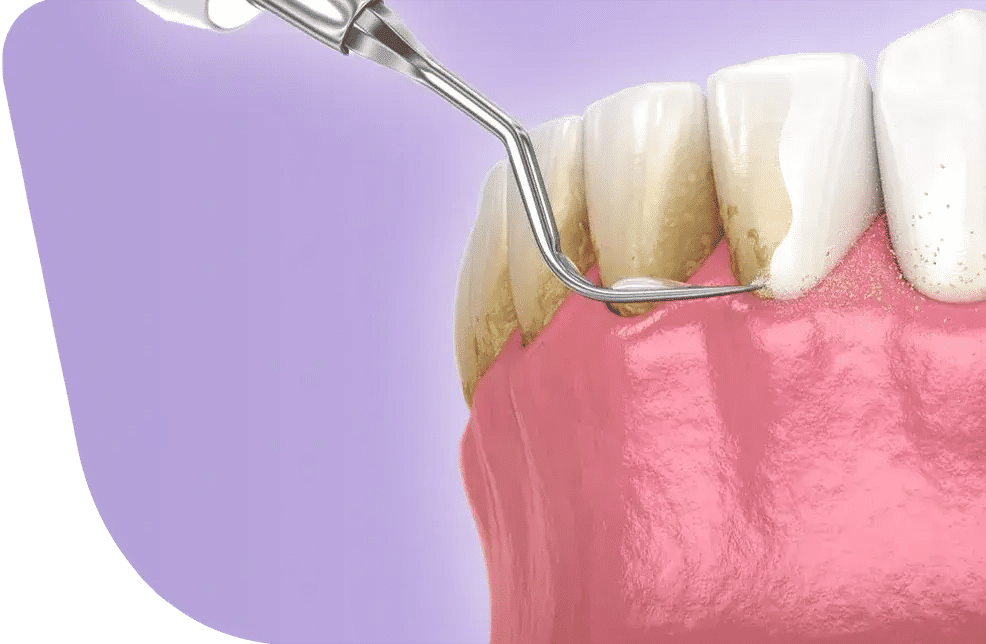
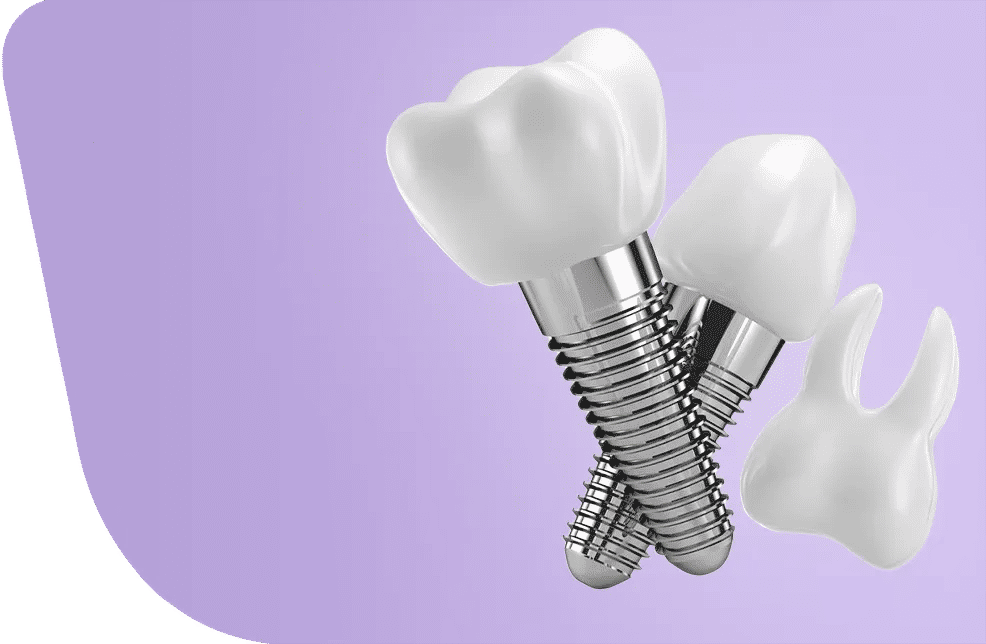

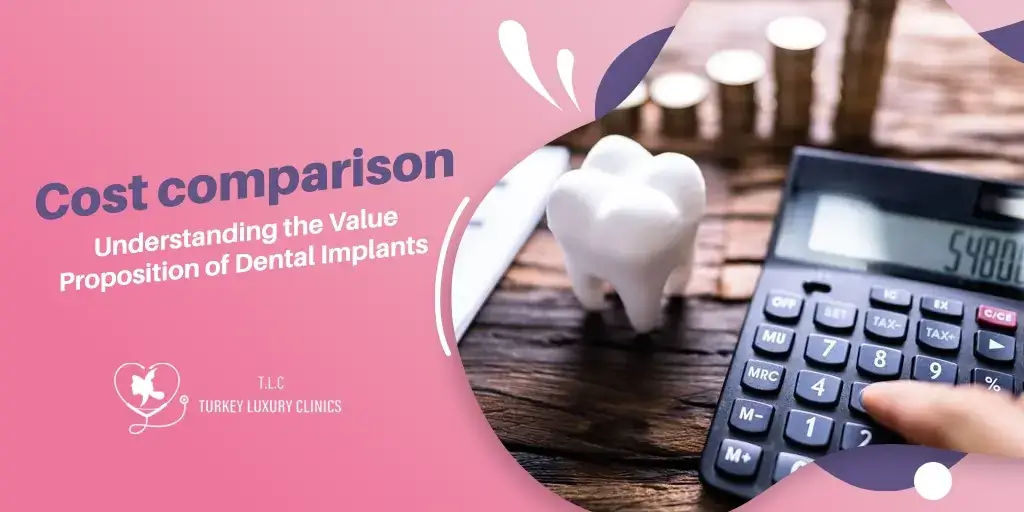
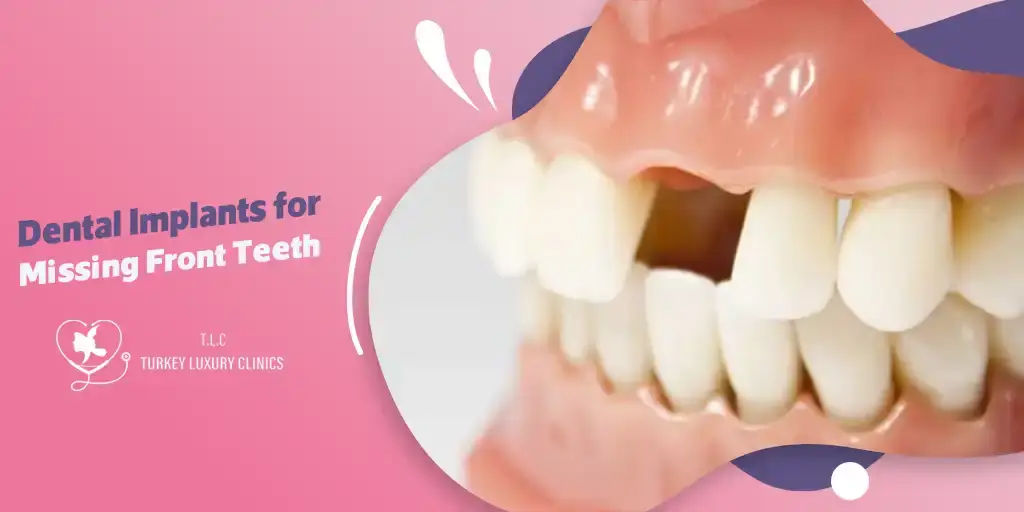
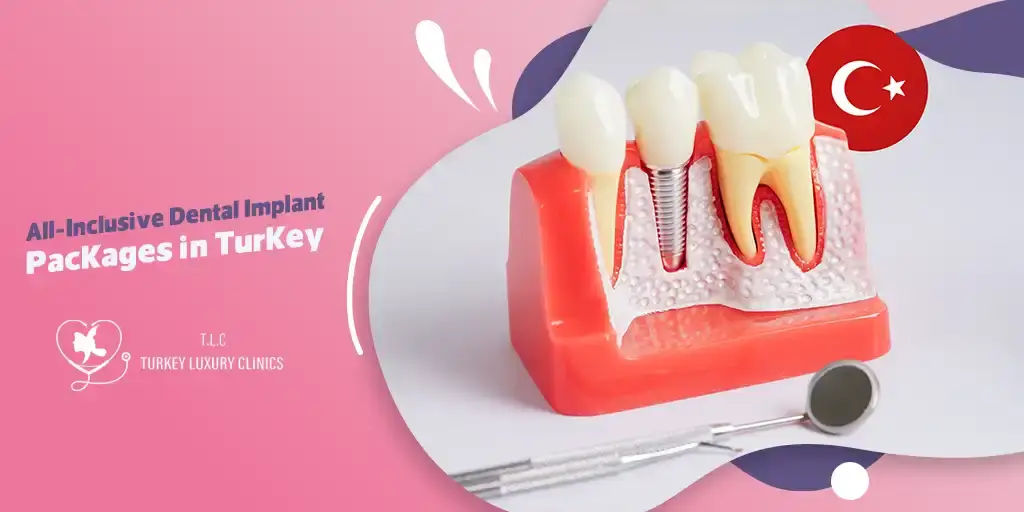



.webp)
.webp)
.webp)
.webp)

